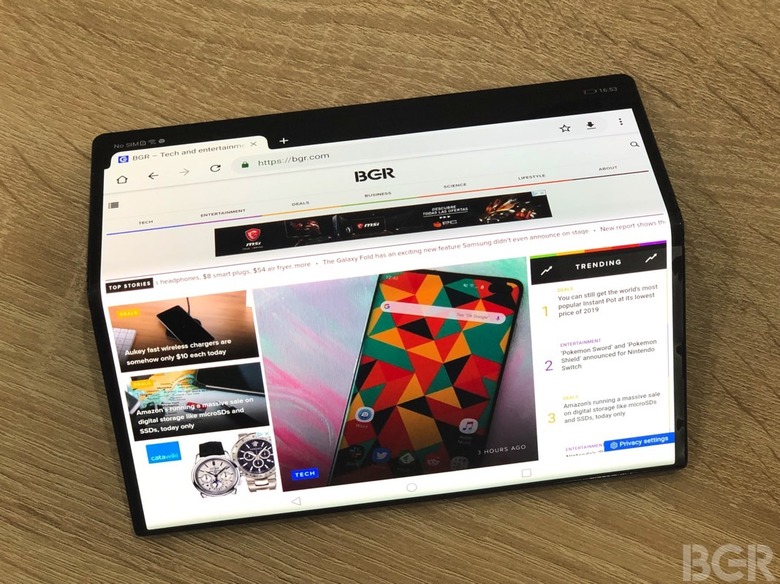ARM Is The Latest Tech Company To Sever Ties With Huawei After US Import Ban
The US government's Huawei import ban delivered a massive blow to the most important Chinese smartphone vendor. Under the terms of the ban, Huawei can't do business with US-based hardware suppliers and software makers. A direct result of the ban is that Huawei might have a harder time manufacturing Android smartphones and tablets, Windows computers, and other networking components that rely on parts from US sellers.
The Trump administration eased the restrictions earlier this week, granting Huawei a license to buy US goods until August 19th. That's also until when Google can work with Huawei on Android updates. But that doesn't mean things are looking up for Huawei, at least for the time being, as one more critical partner announced its decision to suspend work with Huawei: ARM, whose mobile chip technology is used by countless handset makers.
Mobile chips that power iPhones and Android handsets are all based on ARM technology. Most Android vendors rely on chips from companies like Qualcomm, but Apple and Huawei have their own designs. After Apple, Huawei was the first company to launch a phone with a 7nm processor last year, several months ahead of its main Android rivals.
ARM's decision to interrupt cooperation with Huawei may hinder the latter's smartphone launch plans for the second half of the year. The company is expected to debut a new flagship from the Mate series this fall, which will likely sport an improved Kirin processor. The same chips also power Huawei's other smartphone brand, Honor.
Based in the UK but controlled by Japanese conglomerate Softbank, ARM confirmed to Reuters that it'll comply with the ban. "ARM is complying with all of the latest regulations set forth by the US government," a spokesman said. "No further comment at this time." ARM said in an internal company memo that its designs contain technology of US origin, according to a BBC report, which explains why the company would comply with the ban.
ARM employees are not allowed to "provide support, deliver technology (whether software, code, or other updates), engage in technical discussions, or otherwise discuss technical matters with Huawei, HiSilicon or any of the other named entities," the memo said.
A source from ARM said that the Kirin 985 that will power the Mate 30 series wouldn't be affected by the ban, but the next iteration of the chip has not been yet completed, and it'll need to be rebuilt from scratch. The BBC also notes that Huawei relies on ARM's designs for its Kunpeng computer servers chips, which provide cloud computing and storage to customers.
Huawei commented briefly on the matter, saying it was confident it could resolve the problem. "We value our close relationships with our partners, but recognize the pressure some of them are under, as a result of politically motivated decisions," a spokesman said. "We are confident this regrettable situation can be resolved, and our priority remains to continue to deliver world-class technology and products to our customers around the world."
Huawei confirmed that it has a plan B for replacing Android and Windows, but fixing the ARM problem might not be as easy.
